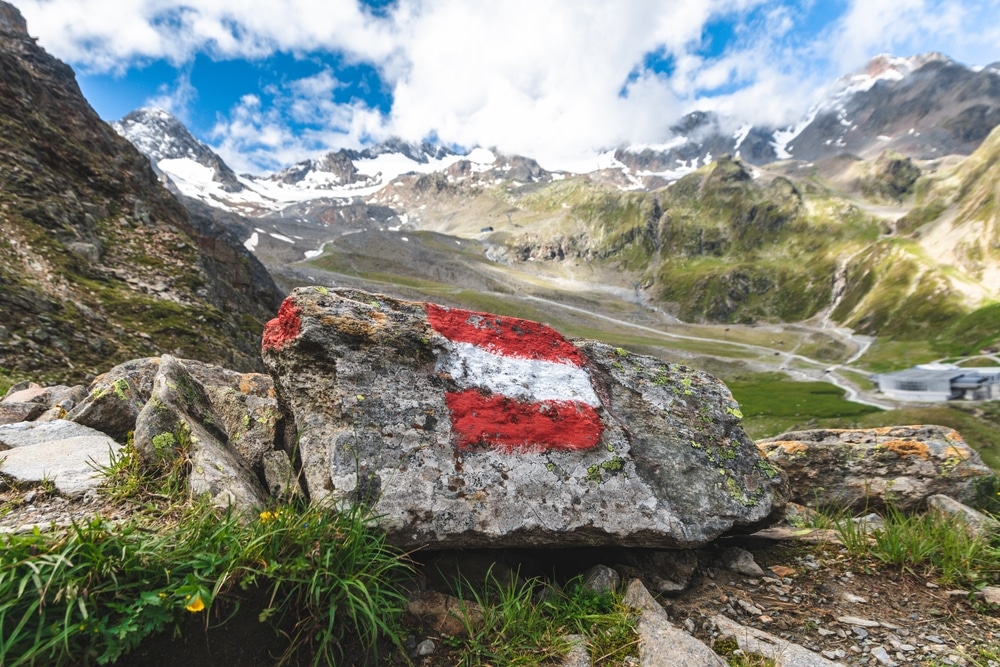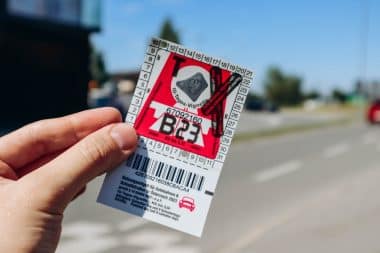
For many Germans, Austria is a popular destination, whether in summer or winter. The country has a lot to offer and is a popular holiday destination, especially for nature lovers and people interested in culture. But although Austria and are very similar in many ways, there are some things to consider when traveling. Some tourists repeatedly fall into these stumbling blocks or do not use their time in Austria effectively. The country has an incredible diversity that you should not miss.
1. Travelling by car

Most travelers will certainly drive to Austria in their own car. It is not very far and many of the highways go directly into the other country, without direct border control. But here are some things that you absolutely have to keep in mind.
On the one hand, a speed limit of 130 km/h applies to normal cars. You should therefore step on the brakes at the border crossing so that you do not get caught in a speed camera and then have to pay a high fine. This limit applies to all Austrian motorways, at night only 110 km/h are allowed on some sections of the road. Germany is the only country in the world where there is no maximum speed. Therefore, caution is advised here.
In addition, you must take care of a so-called vignette before the journey. This is issued by the Austrian ASFINAG and signals that you are allowed to drive on Austria’s motorways and expressways. Currently, there is a choice between a 10-day vignette, 2-month vignette and an annual vignette. In addition, there are separate tolls for certain sections of the route, including the large tunnels, various bridges or Alpine roads. You can easily order the vignette online in advance, but you can also pay on site. An adhesive vignette is no longer necessary if everything has been applied for digitally.
If you travel in winter, think about winter tires. Although these are only mandatory for vehicles weighing 3.5 t between November and April, snow and ice are part of it in Austria. On very difficult routes, even snow chains are necessary.
2. Mobile Internet
You don’t have to worry about this, because EU roaming has been in force for several years, where you can also use the data from your German mobile phone contract in all other EU countries. So you can surf the Internet undisturbed without fearing additional costs. Direct Wi-Fi is available in almost all hotels, and most major cities also offer open Wi-Fi.
3. Underestimating Austria’s diversity
Most people certainly first associate Austria with the Alps. But here alone, there are a lot of activities you can relate to. In summer, hiking trails are particularly popular, which lead through beautiful nature parks or alpine regions and offer a breathtaking view of the surrounding area. In some cases, you can even see as far as neighboring countries. The many clear mountain lakes are also a hotspot for beach vacationers. In the cold months, it is winter sports that draw many to the south. Skiing and snowboarding are part of the daily routine here, and there is a large selection of ski resorts.
As beautiful as nature is, Austria also has some really exciting cities to offer. From Graz to Vienna to Salzburg , there is enough to see on a city trip. And here, too, there is a lot to do, whether it’s a trip with friends, family or alone. First, of course, there are beautiful and historic old towns to marvel at. The architecture is one of the big highlights. Many cities also have locally located castles or castles that you must visit. Otherwise, there are a number of exciting museums to discover.
If you want to experience even more culture, you should go to the opera or the theater. Austria is a stronghold of classical music, but there are also many other events to be found that appeal to almost every target group. Shopping is also not neglected in the big cities, if you want to take a few souvenirs home with you.
4. Enjoy culinary delights

Austria’s cuisine is incredibly delicious and you should taste as much of it as possible on a holiday. Due to the Alpine country, the culinary delights are mainly characterized by hearty dishes, bacon, cheese and the well-known Wiener Schnitzel are just some of the highlights. But dessert is also something that Austrians are really good at. From the Sachertorte to the apple strudel to the Kaiserschmarrn, there are a lot of delicious dishes to discover. The region of Lower Austria is also known for its wines. There’s even the chance to visit some of the vineyards for yourself and see first-hand how the wine is grown.
5. Pack correctly
No matter what time of year you travel, you should always check your luggage. It is better to be prepared for everything. Even in summer it gets fresher on some mountain peaks, a jacket always belongs in the suitcase. In winter, of course, you also need to dress warmly to counteract the frost. Also think about other important things, including identity documents. Although no passport is required, the identity card must be taken with you.
If you go hiking or do other sports, you should also carry a first-aid kit. Injuries can occur again and again on the way. Plasters, disinfectants and bandages should at least be available in the backpack. Don’t forget important medicines that may not be available in Austrian pharmacies.

